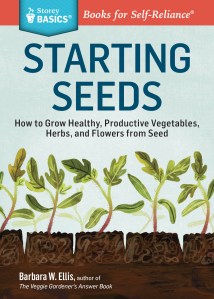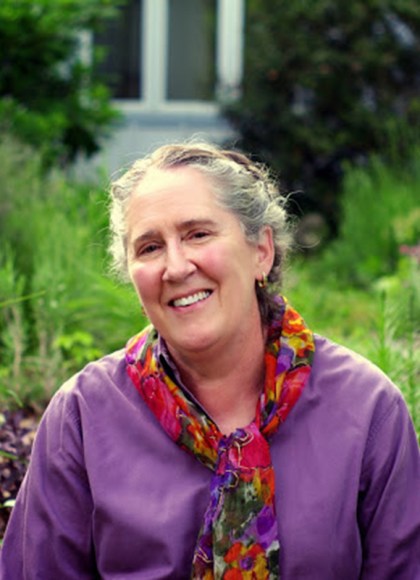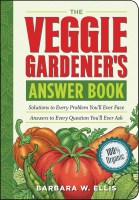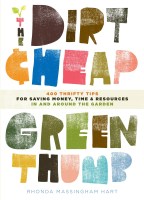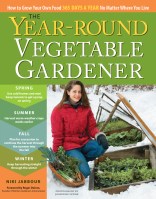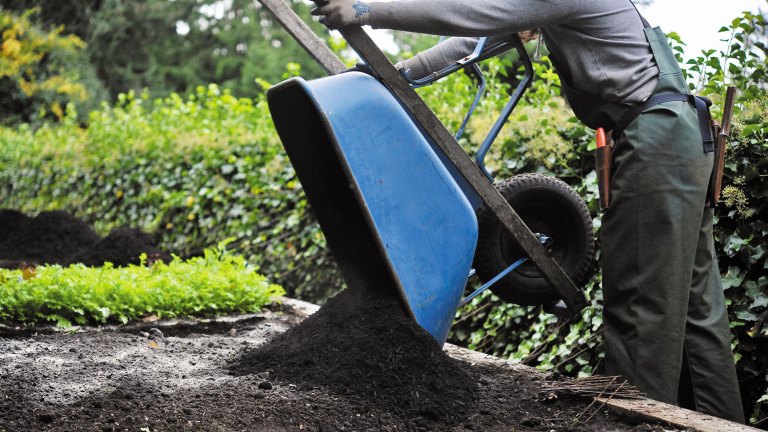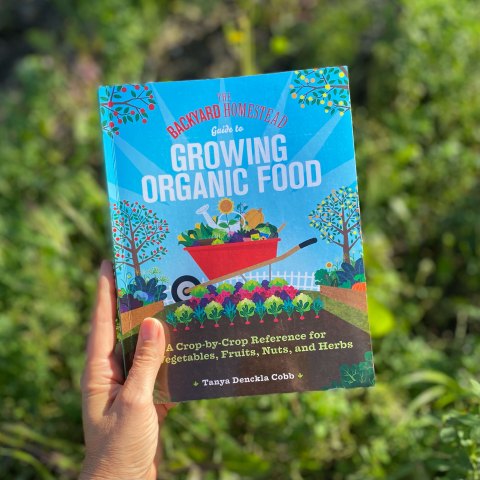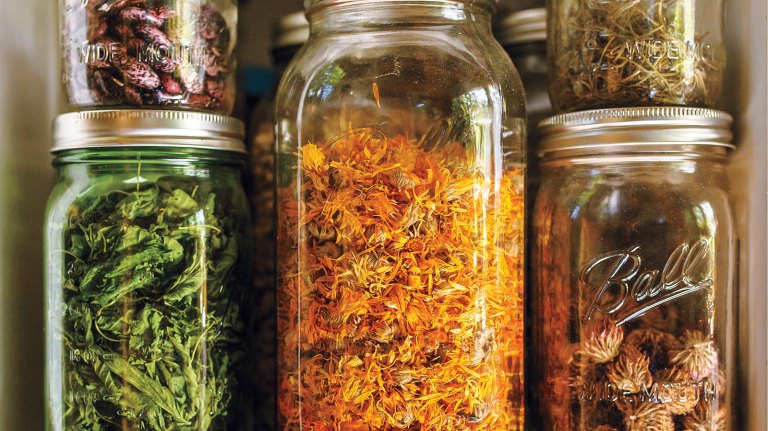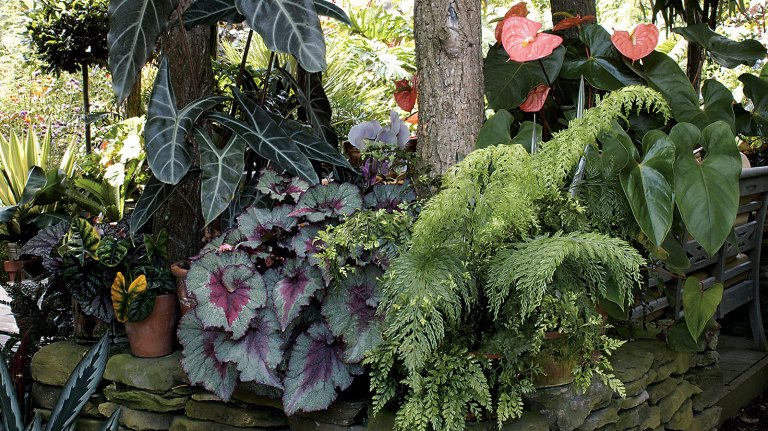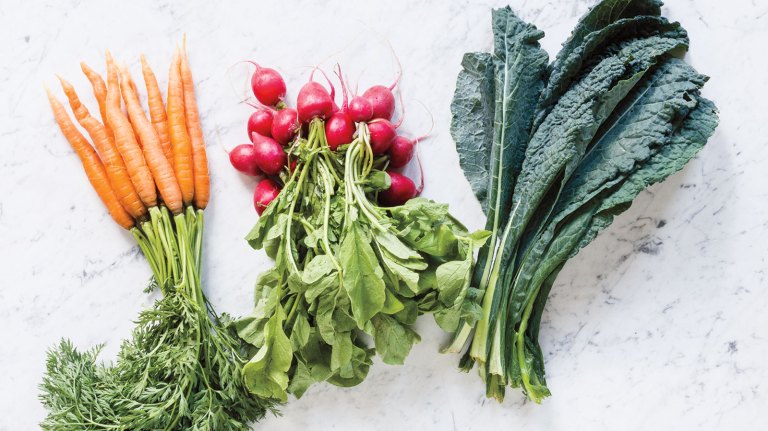What Do the Abbreviations on Seed Packets Mean?
Before you submit your seed order for this year’s garden, make sure you know the meanings of those mystifying terms and letters in seed descriptions.
Good-quality catalogs, websites, and seed packets offer a wealth of information. Companies want their seeds to grow successfully in your garden, so they provide as much growing information as possible. Beyond photographs and tempting descriptions, these are common terms that you’ll find online and in catalogs. Understanding them will help you choose which seeds to buy.
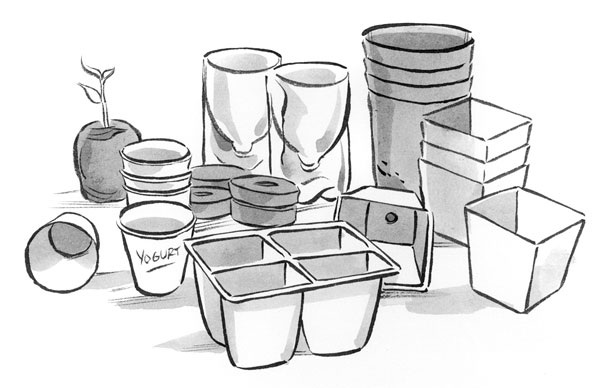
Seed Types and Terms
Heirloom.
This term is generally used to describe cultivated varieties of plants that originated before the 1940s, although it is also used to describe selections that are more than 40 years old. Seeds from heirlooms can be collected and saved for future gardens.
Hybrid.
A plant that is the result of cross-pollination between two distinct parent plants. Hybrids can be naturally occurring, as when a bee pollinates two different plants, or when plant breeders purposely cross two plants. F1* hybrids are created by crossing parent plants from two distinct lines. F2* hybrids are created by crossing plants from two F1* hybrid lines. Since seed from hybrids may or may not produce plants that resemble the hybrid itself, there’s no sense collecting and saving seed from these plants for future gardens. To grow them again, you have to buy new hybrid seed, since the parent lines must be re-crossed each time to produce hybrid seed for the next generation.
Open-pollinated.
Plants that are freely pollinated by bees, wind, or other method without intervention by gardeners. Open-pollinated (OP) plants, including heirloom vegetables, are perpetuated by gardeners collecting, saving, and replanting the seed.
Organic.
The term “certified organic” has a distinct legal meaning in a catalog or on a seed packet. It indicates that the seed was produced by a grower who has complied with all the rules specified by the U.S. Department of Agriculture’s National Organic Program. That means the seed was produced on land that has not been exposed to synthetic fertilizers or pesticides for 3 years. The regulation also prohibits use of sewage sludge, irradiation, and genetic engineering.
Treated/untreated.
Although normally only sold to farmers for large-scale operations, treated seed is coated with a fungicide to help prevent it from rotting in cold or wet soil. Some companies who sell packets of seed to homeowners offer treated seed. It is not currently an accepted treatment for certified organic seed, although acceptable organic treatments may become available.
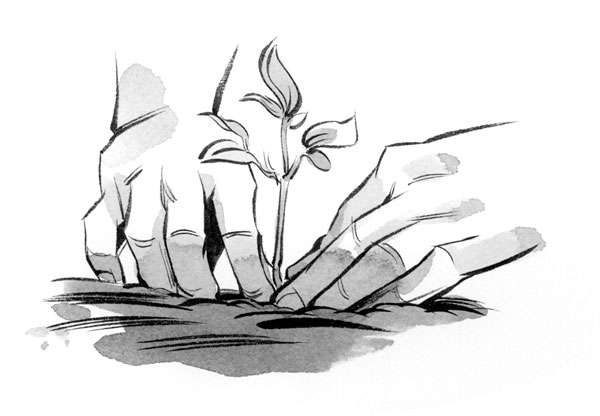
weather. They are sown outdoors in fall for germination the following spring, or as soon as the soil can be worked in late winter or early spring.
Half-hardy annuals (HH) withstand cold, damp weather but not frost. They are typically sown outdoors on or around the last spring frost date.
Tender annuals (T) need warm soil for best germination. Wait to sow them outdoors until the soil temperature is above 60°F. Generally, that means 2 or 3 weeks after the last spring frost date in your area. A soil thermometer will give you precise information, which is a good idea if weather has been unseasonably cold.
One Last Tip: Keep It Local
When you’re sorting through the pile of garden catalogs on your table, remember that regional seed companies are a great source. Not only do they offer seeds of plants that perform well in local climate conditions — summertime heat and humidity in the Southeast, or short growing seasons in the North or mountainous regions — they also often have valuable local information about scheduling on their websites or in their catalogs.
TEXT EXCERPTED FROM STARTING SEEDS © BY BARBARA W. ELLIS. ALL RIGHTS RESERVED.
